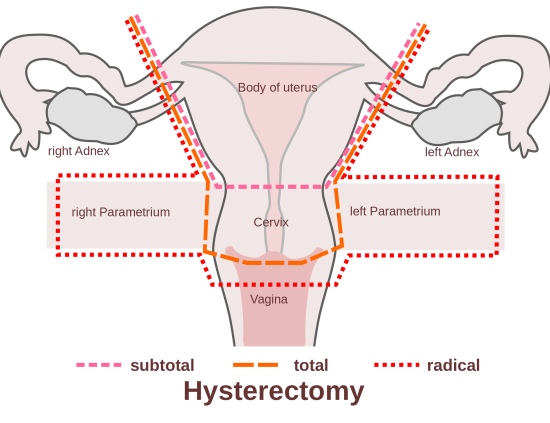Chemotherapy is the use of anti cancer drugs for the treatment of cancer.
Chemotherapy usually comes in many forms including: pill, injection, or catheter.
Chemotherapy drugs enter the bloodstream and passes through the body targeting the most quickly dividing cells.
Although chemotherapy for treating cancer is often successful in killing the malignant cancer cells, it often causes intense side effects in the body.
It is because the anti-cancer drugs pass throughout the body affects all cells – cancer cells as well as normal healthy cells. So, any damage to these normal, healthy cells results in adverse chemotherapy side effects.
Chemotherapy affects those areas where the normal cells actively divide and grow. The major areas of your body where these anti cancer drugs affect are your hair, skin, the lining of the mouth, your digestive system, and bone marrow.
So, when your doctor recommends you for chemotherapy, it is good to know about chemotherapy side effects, its severity, how long the side effects last, and the need for medical attention.
Remember that chemotherapy side effects vary from drug to drug. The severity of chemotherapy side effects depends on the type of drug, its dosage, the method used, and the way your body reacts to the drug.
Although some chemotherapy treatments generate long-term side effects, it is to remember that most of the chemotherapy side effects are short-term and usually disappears with the completion of the treatment course.
Also remember that not all chemotherapy side effects appear at once. Some of the chemotherapy side effects start appearing immediately while others take some period of time to develop.
The most common short-term chemotherapy side effects that first appear are nausea and vomiting. Normally, it develops soon after your treatment begins.
The other side effects start developing within the first few days of treatment. It includes decrease in blood cell counts, fatigue, hair loss, loss of appetite, sudden changes in weight, sores in the mouth or throat, constipation, diarrhea, changes in nervous system, changes in brain functioning, sexuality and fertility effects on reproductive organs and damage to the heart, lung, liver, kidney or urinary system.
Also, you are more likely to get infections because your body’s ability to fight against foreign organisms becomes weaker than normal.
On the other hand, there are some long-term chemotherapy side effects. The long-term side effects will not disappear with the stoppage of the treatment. These can develop even more and turn out to be chronic, or may develop into new side effects.
The long-term chemotherapy side effects include permanent organ damage, nerve damage, urinating blood, abnormal growth in children and development of other cancers.
On the other hand, in some cases, you may react in a different way to the same drug or experience no or few chemotherapy side effects.
Luckily, you have several medications and treatment options to help overcome these chemotherapy side effects.
Although the chemotherapy side effects can be horrible, you should consider these against the benefits of chemotherapy in treating cancer.






